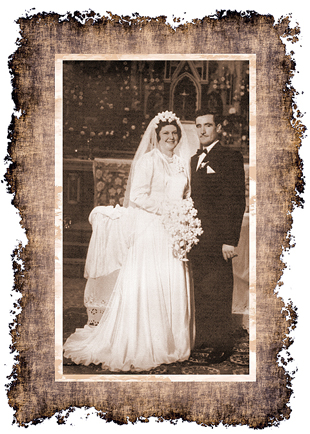PARADISE, TONI MORRISON’S NOVEL: AN OVERVIEW OF THE NORTH-AMERICAN BLACK RELIGIOSITY
Keywords:
Toni Morrison, Paraíso, Intertextualidade, ReligiãoAbstract
Paradise, the seventh novel of the renowned writer Toni Morrison, first published in 1998, brings in all its extension a tapestry connection with the Biblical language and with the religious customs that permeated the black North-American countryside society between the 1920’s and the early 1980’s. By a critical and analytical reading of Paradise, intertextual from its title, Mikhail Bakhtin’s assumption that the literary language "(…) becomes plurilingual as it is not a language, but a dialogue of languages" is assured. Therefore, based on religious issues that vary from Biblical quotations to manner rules deeply rooted to the clerical one, the Nobel Prize winner’s novel becomes a masterpiece of intense reflection about what that reality described, a reality that rises from the pulsing influence of the religion in its formation.
Downloads
Downloads
Published
How to Cite
Issue
Section
License
Creative Copyright Notice
Policy for Free Access Journals
Authors who publish in this journal agree to the following terms:
1. Authors keep the copyright and grant the journal the right of first publication, with the work simultaneously licensed under the Creative Commons Attribution License, which allows sharing the trial with acknowledgment of authorship and initial publication in this journal.
2. Authors are authorized to take additional contracts separately, for non-exclusive distribution of the work version, published in this journal (eg publish in institutional repository or as a book chapter), with acknowledgment of authorship and initial publication in this journal.
3. Authors are allowed and encouraged to publish and distribute their work online (eg in institutional repositories or on their personal page) at any point before or during the editorial process, as this can generate productive changes, as well as increase both impact and citation of the published trial (See The Effect of Free Access).
Creative Commons License
This work is licensed under a Creative Commons Attribution–NonCommercial-shareaswell 4.0 International License, which allows you to share, copy, distribute, display, reproduce, completely or part of the work, since there is no commercial purpose, and authors and source are cited.



